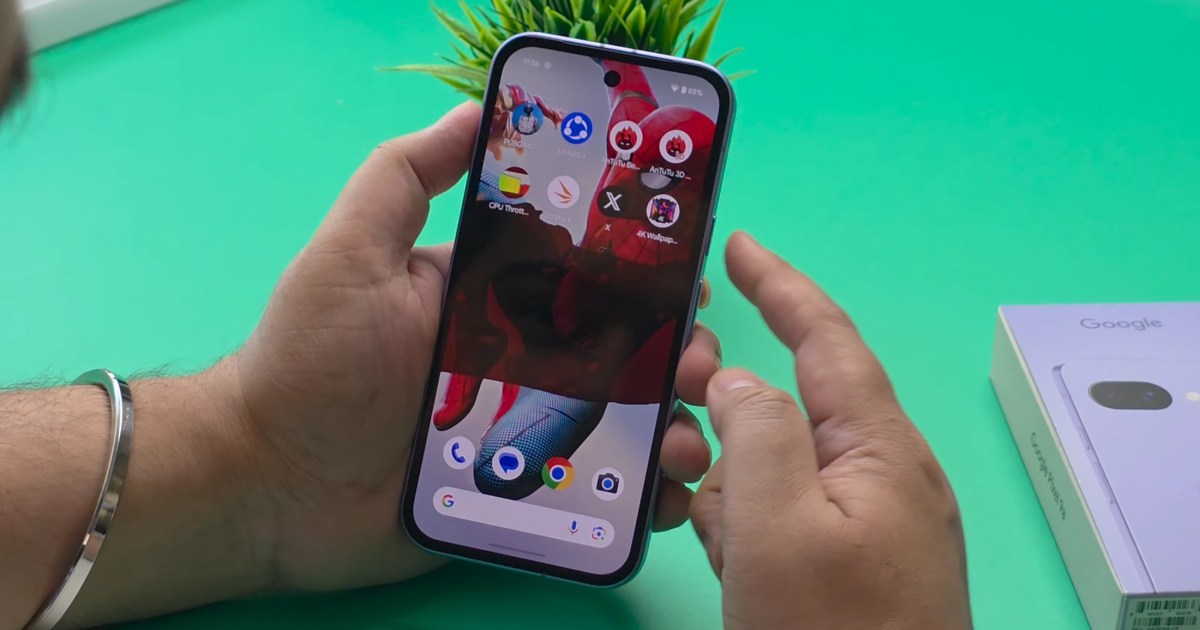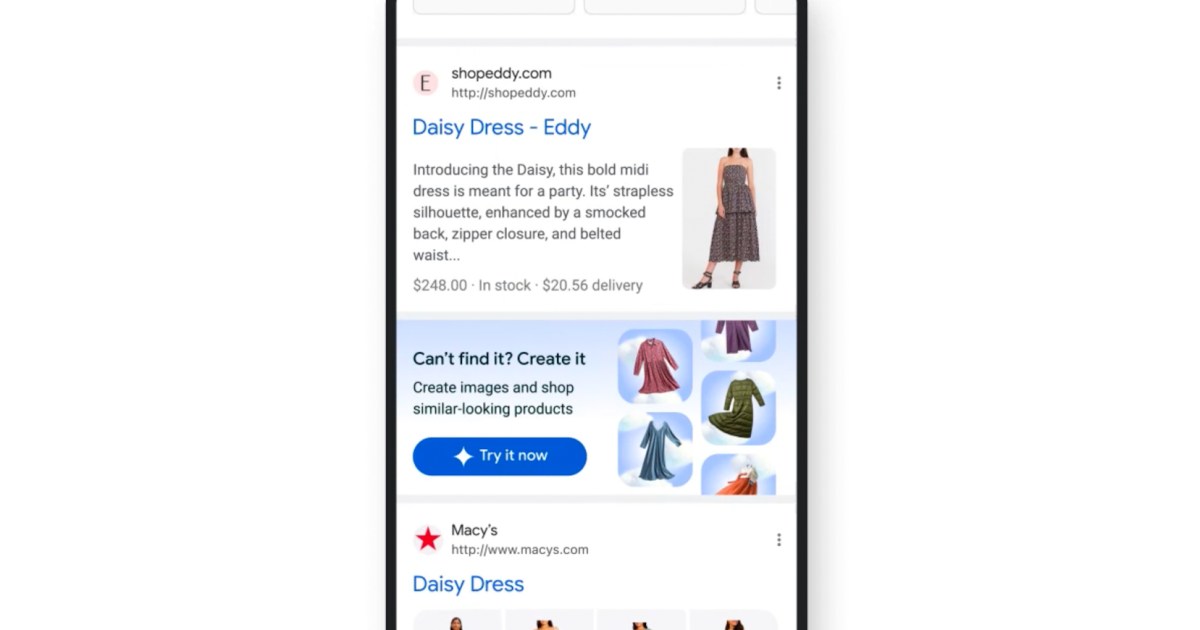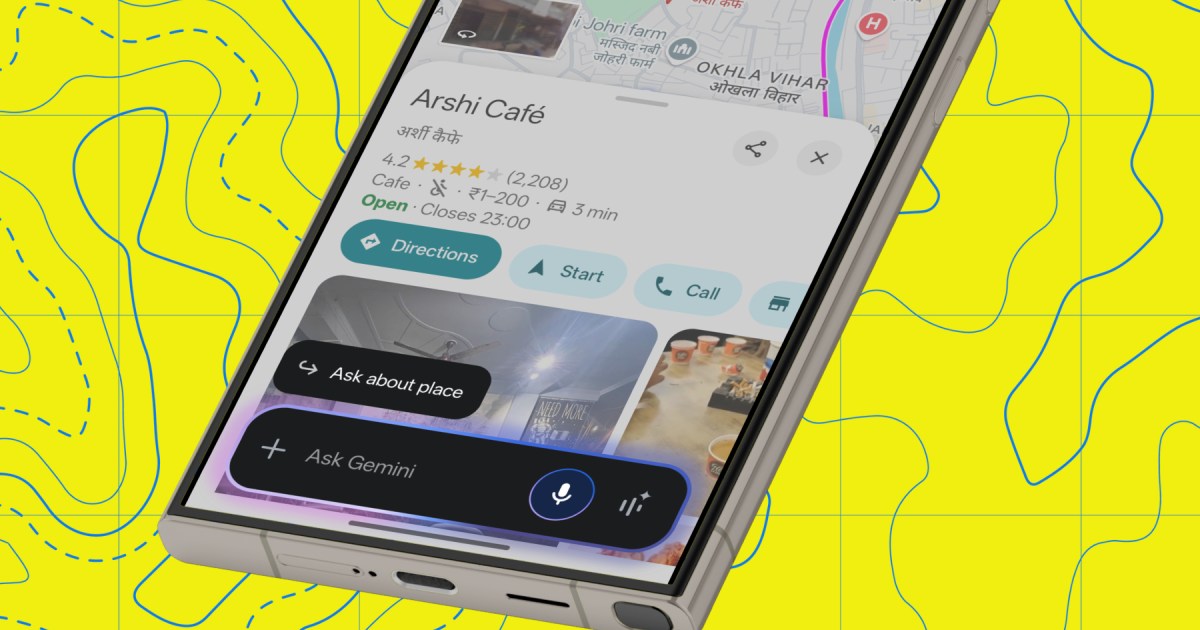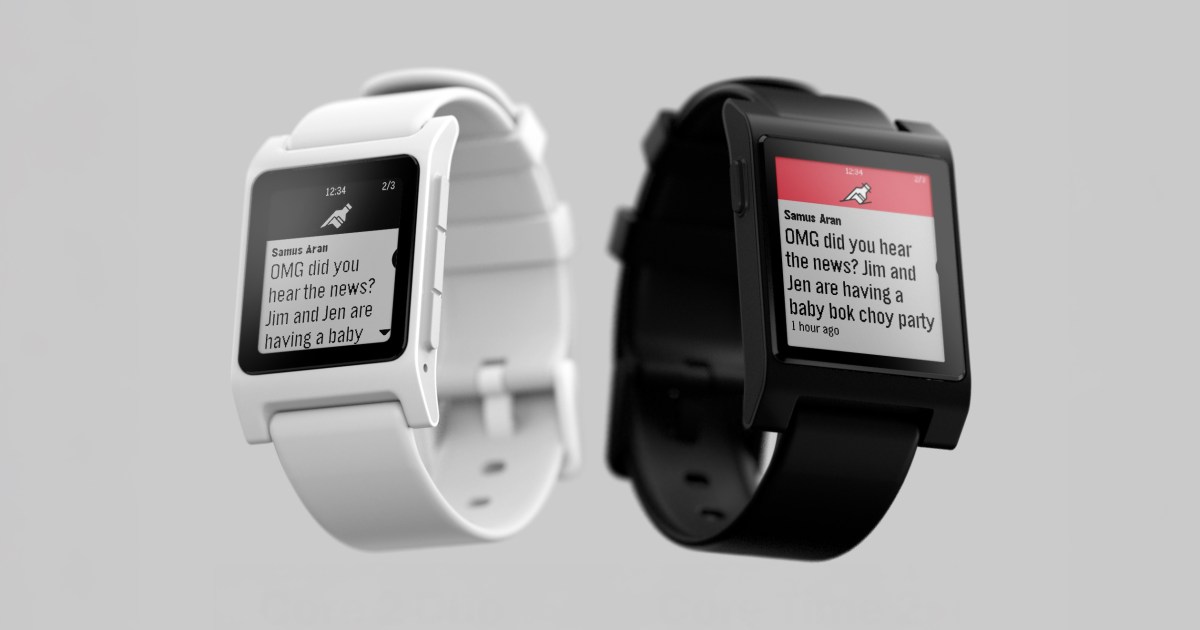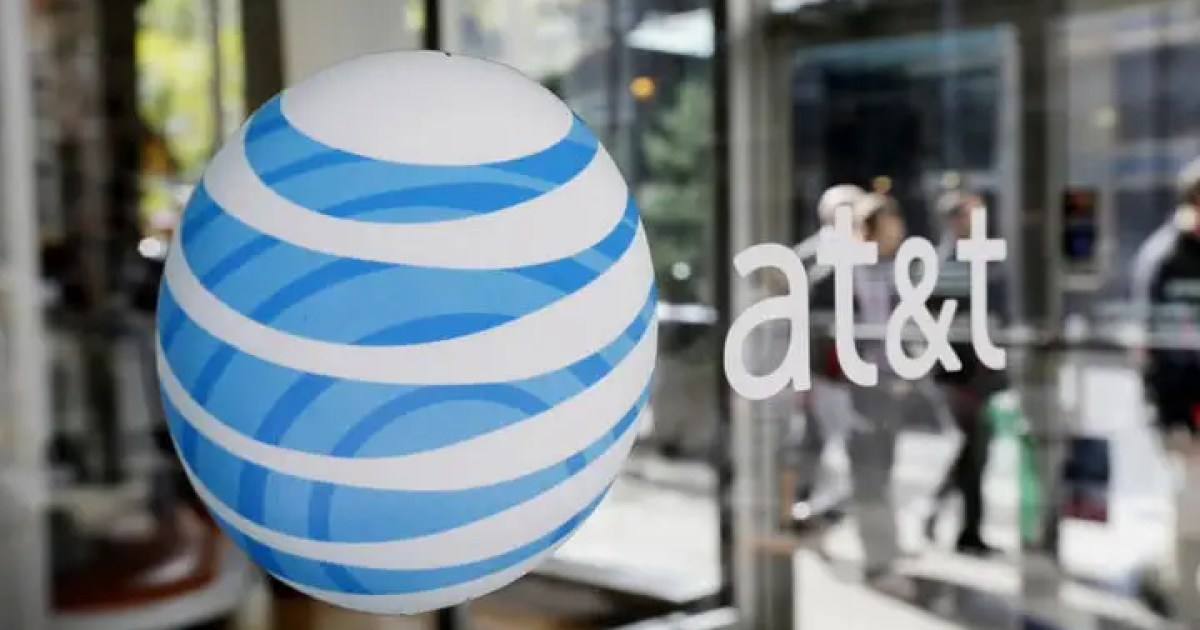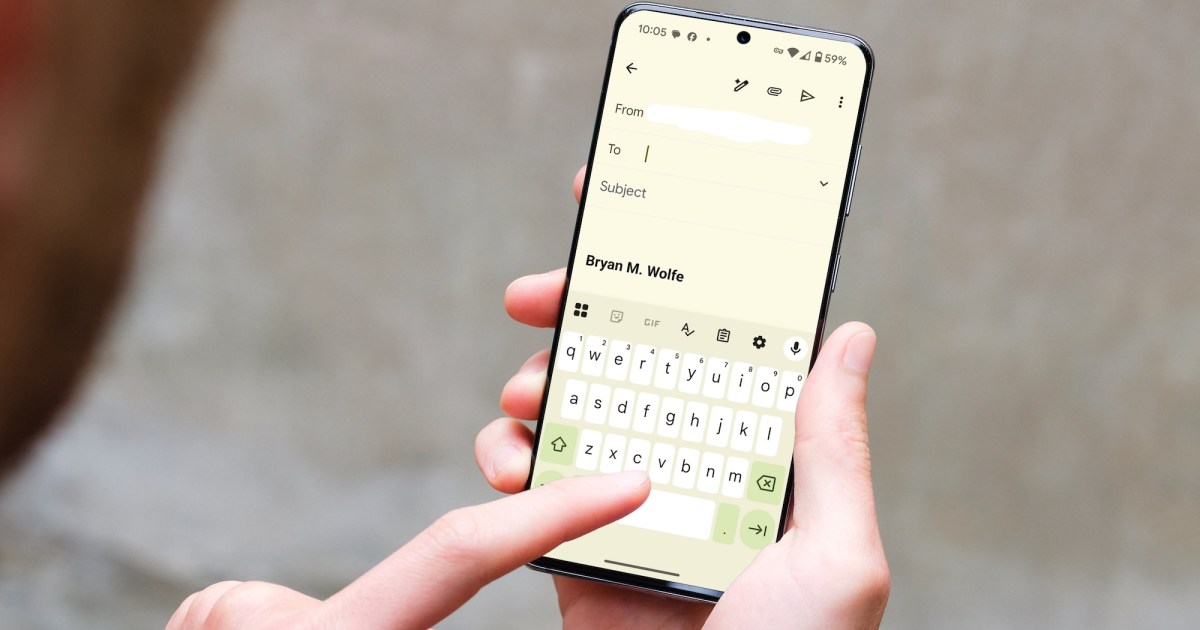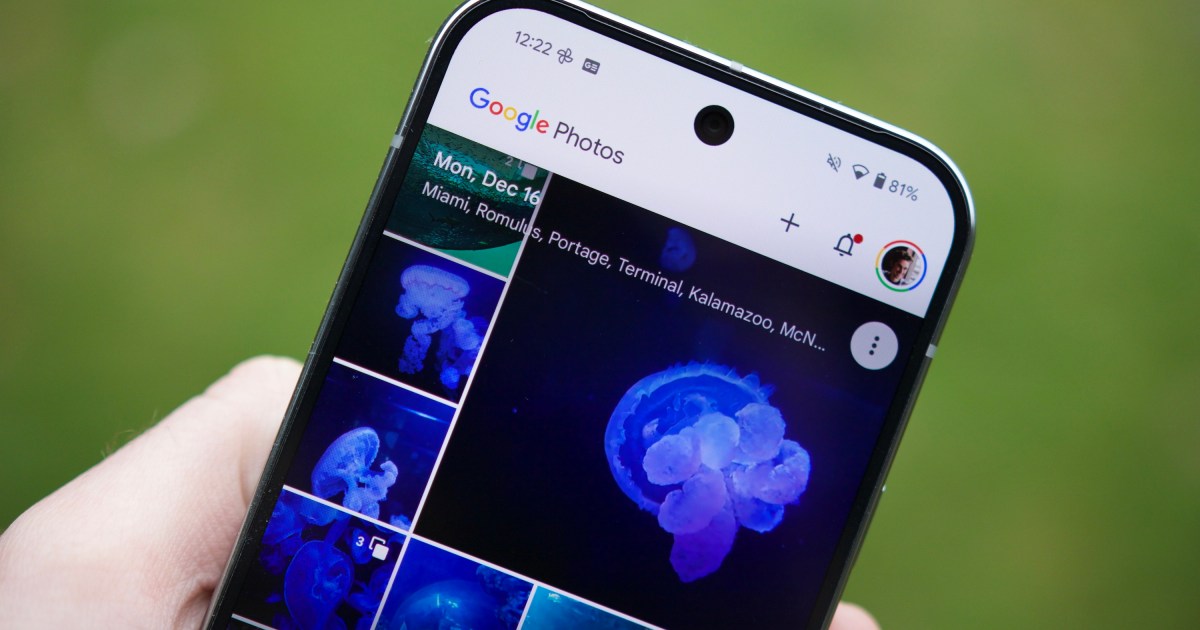The Google Pixel 9a has arrived, challenging the recently launched iPhone 16e for the title of best budget smartphone. But does Google’s latest offering truly threaten Apple’s no-frills iPhone? We compare the Google Pixel 9a and iPhone 16e head-to-head, examining design, display, battery life, performance, and more to determine which phone reigns supreme and which you should buy.
Design and Display: A Clash of Styles
![]() Google Pixel 9a in Peony pink.
Google Pixel 9a in Peony pink.
The Pixel 9a’s noticeable bezels contribute to a larger and heavier design compared to the sleek iPhone 16e. The Pixel 9a boasts a 6.3-inch Actua display with a 2424 x 1080 resolution, a 120Hz adaptive refresh rate, and a remarkable 2700 nits peak brightness, dwarfing the iPhone’s 1200 nits. The iPhone 16e’s 6.1-inch Super Retina XDR OLED display, while vibrant, features a 60Hz refresh rate that may feel less smooth.
![]() Close-up of the iPhone 16e camera.
Close-up of the iPhone 16e camera.
Google has opted for a flat design with integrated rear cameras, a departure from the Pixel 8a’s curved aesthetics. The Pixel 9a features recycled materials, an IP68 rating, and Corning Gorilla Glass 3. The iPhone 16e also offers an IP68 rating and Ceramic Shield Glass. Color options are another differentiating factor: the Pixel 9a offers vibrant Iris and Peony alongside the more subdued Obsidian and Porcelain, while the iPhone 16e sticks to classic black and white. Ultimately, the preferred design boils down to personal preference.
Performance: Flagship Chips in Budget Phones
![]() iPhone 16e displaying a movie.
iPhone 16e displaying a movie.
Both phones utilize flagship-level processors: the Pixel 9a features Google’s Tensor G4, while the iPhone 16e houses Apple’s A18 Bionic chip. Both processors offer robust performance, but the A18 in the iPhone 16e has demonstrated exceptional performance even under heavy load. Storage options vary slightly, with the Pixel 9a offering 128GB and 256GB configurations and the iPhone 16e adding a 512GB option. A conclusive performance comparison requires further testing of the Pixel 9a.
Cameras: A Tale of Two Lenses
![]() Rear view of the Google Pixel 9a showcasing the camera setup.
Rear view of the Google Pixel 9a showcasing the camera setup.
The Pixel 9a features a dual rear camera system with a 48MP main lens with OIS and 8x Super Res Zoom, complemented by a 13MP ultrawide lens. The 13MP front camera offers slightly higher resolution than the iPhone 16e’s 12MP TrueDepth camera. Google also introduces Macro Focus mode, Timelapse for Astrophotography, and its suite of AI-powered photo editing features. The iPhone 16e’s single 48MP rear camera with OIS delivers impressive image quality, especially in low light, but lacks the versatility of the Pixel 9a’s dual-camera setup.
Battery and Charging: Endurance Test
![]() USB-C port on the iPhone 16e.
USB-C port on the iPhone 16e.
The Pixel 9a houses a 5100mAh battery, promising approximately 30 hours of usage on a single charge. The iPhone 16e’s 4005mAh battery offers up to 26 hours of video playback and impressive real-world performance. Both phones support 7.5W wireless charging, with the Pixel 9a offering slightly faster 23W wired charging compared to the iPhone 16e’s 20W.
Software and Updates: Longevity Matters
![]() App drawer on the Google Pixel 9a.
App drawer on the Google Pixel 9a.
The Pixel 9a ships with Android 15 and benefits from Google’s commitment to seven years of software and security updates. The iPhone 16e runs iOS 18 and is expected to receive at least five years of updates. Both phones offer AI-powered features, with Google’s Gemini and Apple’s intelligence suite providing unique functionalities.
Price and Availability: Value Proposition
The Pixel 9a’s release is delayed to April due to component quality issues. The 128GB model starts at $499. The iPhone 16e is readily available, starting at $599 for the 128GB version, with 256GB and 512GB options available at higher price points.
Verdict: A Close Call
![]() A person holding a Pixel 9a in a car.
A person holding a Pixel 9a in a car.
Choosing between these phones depends on individual needs and preferences. The Pixel 9a offers a compelling package with its longer software support, versatile camera system, and lower price. The iPhone 16e provides a polished user experience, strong performance, and impressive battery life. Further testing of the Pixel 9a will provide a more definitive verdict.



